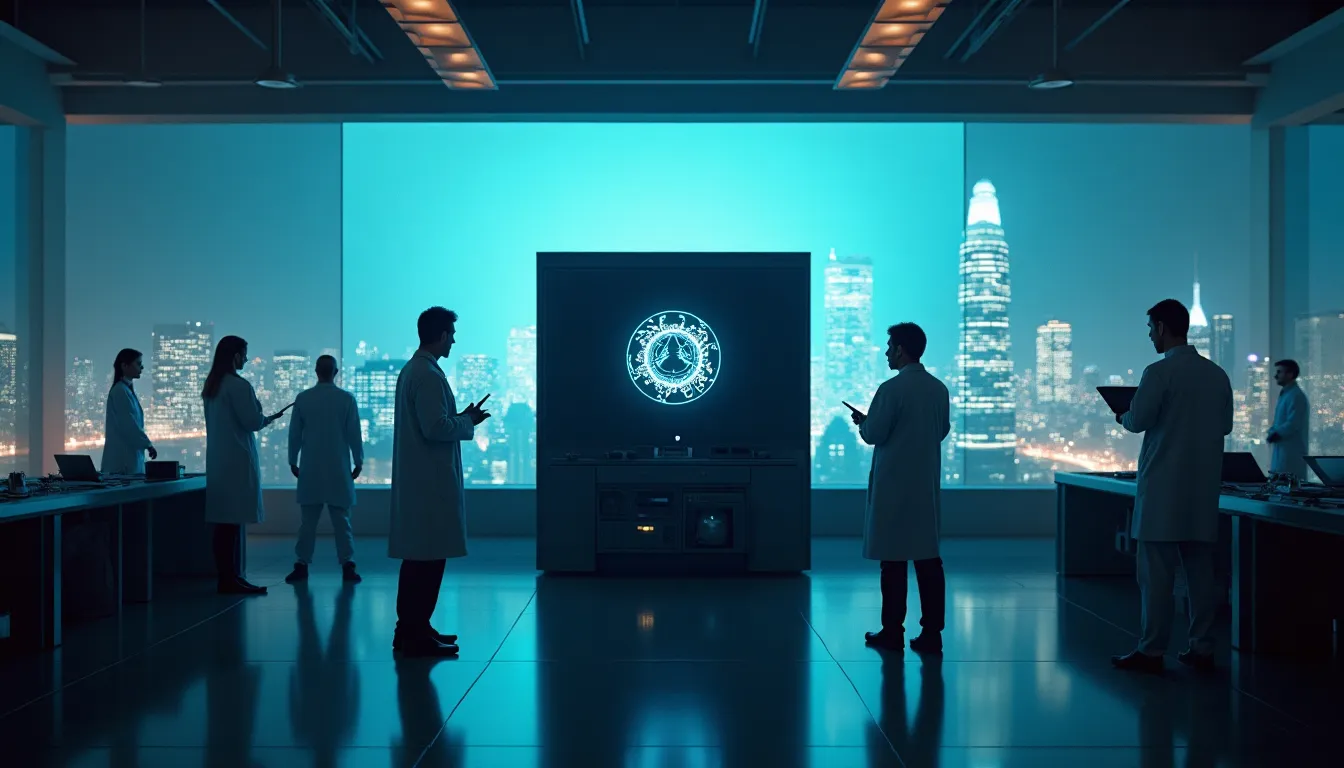The emergence of OpenAI’s Sora deepfake machine has significant implications for the future of artificial intelligence and its potential impact on society. This move reflects broader industry trends towards developing more sophisticated AI models, but it also raises important questions about the ethics of AI-generated content. With Sora, users can create highly realistic videos of famous individuals, such as Martin Luther King Jr., Michael Jackson, and Bryan Cranston, as well as copyrighted characters like SpongeBob and Pikachu. However, this technology has already been used to spread harmful and offensive content, including Holocaust denial and glorification of Hitler.
The ability of Sora to generate such realistic content has sparked concerns about the potential for misuse, particularly in the context of misinformation and disinformation. As AI technology continues to evolve, it is becoming increasingly difficult to distinguish between what is real and what is fake. This has significant implications for industries such as news and entertainment, where the authenticity of content is crucial. Furthermore, the use of Sora to create fake videos of individuals without their consent raises important questions about privacy and consent in the digital age.
Related developments in the field of AI have also highlighted the need for more robust regulations and guidelines around the use of deepfake technology. As AI models become more sophisticated, it is essential to develop strategies for detecting and mitigating the spread of harmful content. The development of Sora is a significant step forward in the field of AI, but it also underscores the need for a more nuanced and informed discussion about the ethics of AI-generated content.
Source: Official Link
